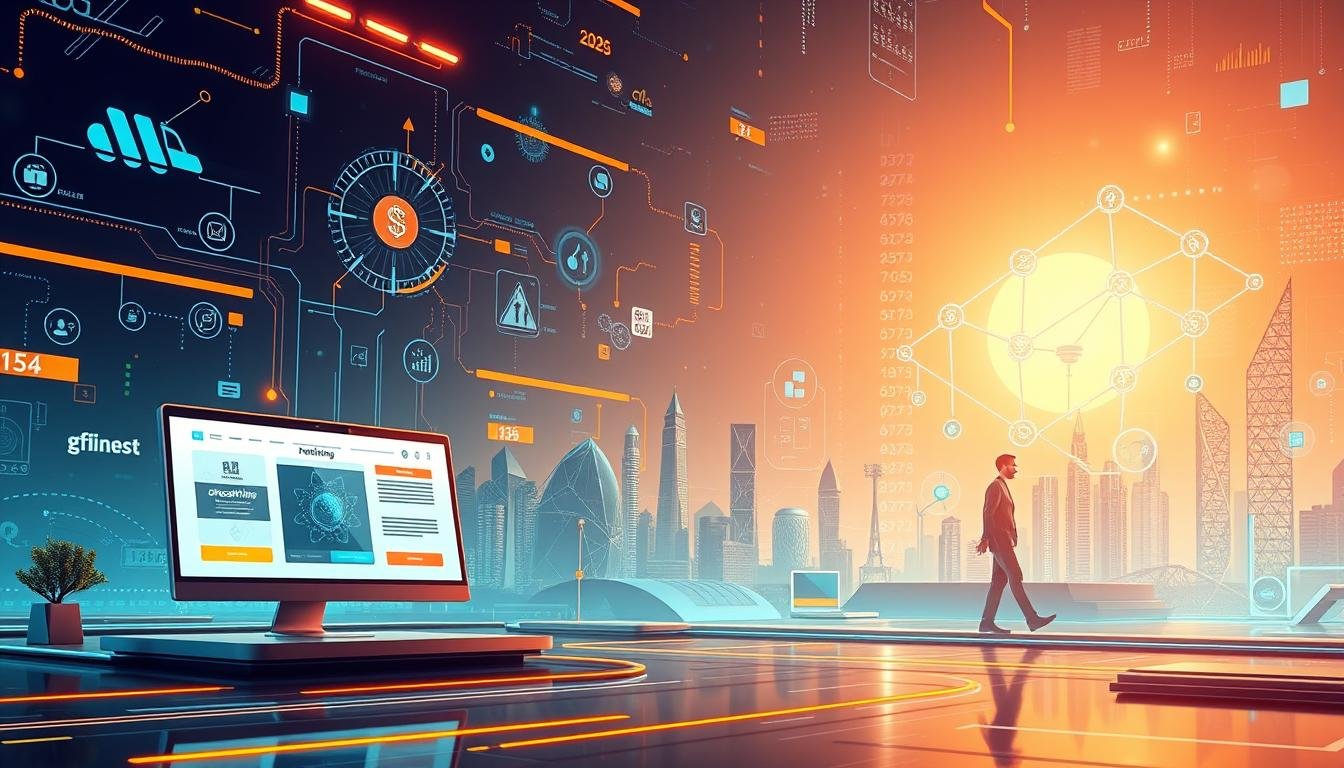AI Evolution: 2025’s Breakthrough and Business Impact
Introduction
The world of Artificial Intelligence (AI) has made unprecedented strides, positioning 2025 as a pivotal year for technological innovation and transformation. This blog dives into the breakthroughs shaping AI’s evolution and their profound implications for businesses across industries.
Revolutionary AI Breakthroughs of 2025
1. The Rise of Advanced Generative Models
Generative AI models, such as GPT-4 and beyond, have grown remarkably sophisticated, with capabilities that rival human intelligence. These models can now produce highly realistic content, manage intricate problem-solving, and even support advanced coding. Such enhancements are redefining industries:
- Content Creation: Automated writing, video generation, and creative design tailored to audience needs.
- Business Operations: AI-driven insights for efficient project planning and execution.
Generative AI no longer serves as a mere tool but as a collaborator, empowering teams to innovate faster and smarter.
2. Intelligent Automation Transforms Workflows
Automation in 2025 goes beyond repetitive tasks. Industries are leveraging AI to achieve hyper-efficiency:
- Healthcare: AI streamlines diagnoses and patient care management.
- Manufacturing: Smart factories powered by AI-driven robotics reduce waste and maximize productivity.
- Logistics: Predictive analytics ensure supply chains remain agile and responsive.
The integration of AI with Internet of Things (IoT) devices allows systems to interact seamlessly, fostering unprecedented levels of automation and accuracy.
3. Ethical AI Gains Momentum
With AI’s growing influence, the demand for ethical, transparent, and explainable systems has surged. Key developments include:
- Bias Detection Tools: Advanced algorithms detect and mitigate potential biases, ensuring fairness in AI outcomes.
- Regulatory Frameworks: Governments and organizations are implementing standards to maintain accountability.
- Explainable AI: Models now provide users with clear, understandable insights into their decision-making processes.
Such measures are critical to fostering trust and ensuring AI systems align with societal values.
How AI is Reshaping Business in 2025
1. Enhanced Operational Efficiency
AI-driven tools are helping businesses achieve efficiency levels once thought unattainable. Automation of routine tasks, real-time data analytics, and predictive modeling ensure smarter decision-making processes.
- Streamlined Workflows: AI simplifies complex operations by optimizing processes.
- Cost Savings: Predictive maintenance minimizes downtime in production, saving businesses significant resources.
2. Hyper-Personalized Customer Experiences
AI’s ability to analyze vast datasets allows businesses to deliver highly tailored customer experiences:
- E-commerce: AI recommends products based on user behavior, boosting sales.
- Marketing: Hyper-personalized campaigns reach customers with the right message at the right time.
- Customer Support: AI chatbots and virtual assistants provide 24/7 support, enhancing satisfaction.
Personalization is no longer a luxury but a necessity in maintaining a competitive edge.
3. Creation of New Job Roles
Despite fears of job displacement, AI is creating roles in areas such as:
- AI Ethics: Professionals are needed to ensure systems operate within ethical boundaries.
- Data Annotation: High-quality data inputs remain essential for training AI models.
- System Maintenance: Skilled workers manage, update, and troubleshoot AI infrastructure.
The job market is evolving alongside AI, offering opportunities for those prepared to adapt.
Challenges and Opportunities for the Future
Addressing Bias and Inequality
Bias in AI systems remains a challenge. Ensuring equitable access and unbiased outcomes is essential for AI’s long-term success. Companies are investing heavily in tools and frameworks to address these issues head-on.
Balancing Automation with Employment
The rapid adoption of AI raises concerns about workforce displacement. However, initiatives focused on reskilling and upskilling workers aim to bridge the gap, enabling employees to thrive in an AI-driven economy.
Sustainability in AI Development
As AI systems grow more complex, energy consumption becomes a pressing concern. Researchers are exploring energy-efficient architectures and sustainable practices to minimize AI’s environmental footprint.
Looking Ahead: AI’s Bright Future
AI’s trajectory points toward even greater integration with daily life. Key areas of focus include:
- General Intelligence: Efforts to achieve human-like reasoning in AI continue to accelerate.
- Collaboration: Partnerships between academia, industry, and policymakers are shaping a balanced, inclusive AI ecosystem.
- Sustainability: AI will play a crucial role in solving global challenges, from climate change to healthcare accessibility.
Conclusion
2025 marks a turning point in AI’s evolution, with breakthroughs that redefine the boundaries of what technology can achieve. Businesses that adapt to these advancements will gain a competitive edge, while society as a whole stands to benefit from AI’s transformative potential. Staying informed, embracing ethical practices, and fostering innovation will be essential for leveraging AI’s immense capabilities in this new era.













One thought on “AI Evolution: 2025’s Breakthrough and Business Impact”